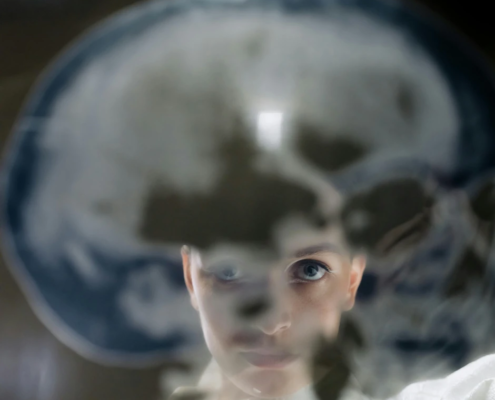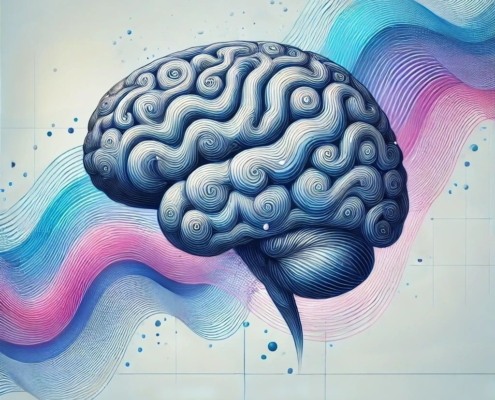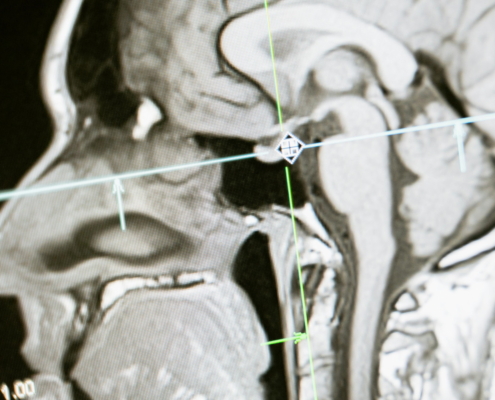Latest news
New wind for indoor air quality
17 July 2025/by Ingrid ColleauFrom 5G to 6G: the unstoppable progress of generations
15 July 2025/by Ingrid Colleau5G & 6G: the antennas that shape networks
4 July 2025/by Ingrid Colleau5G connecting constellations
3 July 2025/by Ingrid ColleauSlicing: a MUST for multisectoral communication
2 July 2025/by Ingrid ColleauNo more, no less: energy-efficient networks for 5G
24 June 2025/by I'MTechAll our news

From Fossil to Flexible: Joulzen Gives Old Oil Tanks a Future
Energy & environment, In the News, Start-up-enThe countdown has started: by 2035, oil heating systems will be banned across many European countries. But what happens to the tanks left behind? In Austria, a team of young engineers saw this constraint as a resource. Their start-up incubated in TU Wien, Joulzen, wants to turn these dormant giants into heat storage systems—and maybe even into players in the European energy grid.

PERSEUS makes a breakthrough for cell-free networks
Digital, In the NewsDespite all the promises of 5G, current networks are struggling to ensure seamless connectivity in dense or complex environments. To tackle this problem, the PERSEUS project is developing solutions for cell-free networks in which distributed antenna work together to provide a more fluid service. Based on technologies such as distributed MIMO and new-generation waveforms, the IMT Atlantique research teams involved in the project are trying to solve the technical challenges posed by this new approach.

Oncoelectronics: A spark in the fight against brain tumors
Health, In the News, Start-up-enElectric fields to curb cancer? That's the bold approach of the Franco-International team at Oncoelectronics. Born in the heart of Provence, the start-up draws on the experience of scientists at Mines Saint-Etienne to design implantable devices to slow the progression of incurable brain tumors. A project at the crossroads of bioengineering, neurotechnology and microelectronics.

Boosting tomorrow’s IoT networks
Digital, In the NewsThe goal of the FITNESS project is to develop networks capable of adapting to the needs of massive IoT, industrial IoT and connected transport solutions. The project is supported by the expertise of several IMT schools to address the challenges that arise from the densification of connected objects, more robust applications, energy management and various protocols, and to optimize the performance of networks in real time.

The industry of the future enters the metaverse
Digital, In the NewsThe metaverse is no longer limited to online video games and social interactions, it is now a key technology for industry. With the 5GMetaverse project, five Institut Mines-Télécom schools are looking to adapt the networks of the future to the needs of augmented and virtual reality. The main goal of the project is to develop concrete solutions to optimize industrial processes, remote assistance and human-machine collaboration.

Let’s take a walkthrough the wood, the material of the future
Energy & environment, In the News, MaterialsWood shows surprising and widespread promise, far beyond the field of construction. Five researchers from IMT Mines Alès have been focusing their work on this multifaceted material, and the questions raised when considering its use, both in terms of performance and durability.

Alexandra Vallet is taking the brain’s pulse
Health, In the News, PortraitThe fluid around our brain moves with our body’s pulses. Studies of this dynamic are offering new insights into the underlying mechanisms of neurodegenerative diseases. Researcher at Mines Saint-Étienne, Alexandra Vallet’s work is based on this cross-disciplinary approach. It focuses on how our brain’s mechanical properties and fluid-structure interactions influence its health and aging.

Digital intelligence: towards a smarter use of AI
Digital, In the News, SocietyDigital intelligence is a form of intelligence that allows us to use technologies such as artificial intelligence to good effect. But there are differences between these two concepts. Individuals can benefit from appropriate training in the use of technology. Aurélie Dudézert, professor at Institut Mines-Télécom Business School, tells us more about aspects of digital intelligence in the age of AI technologies.

The Cybaile Chair, securing AI tools for healthcare
Health, In the NewsThanks to AI tools, it is now possible to identify signs of disease in medical images in a robust and secure way. However, developing such tools requires access to large volumes of sensitive health data. How can we protect this data, and the tools that use it? These are the questions that Cybaile, the industrial chair in cybersecurity, AI and trust in healthcare, is trying to answer.







